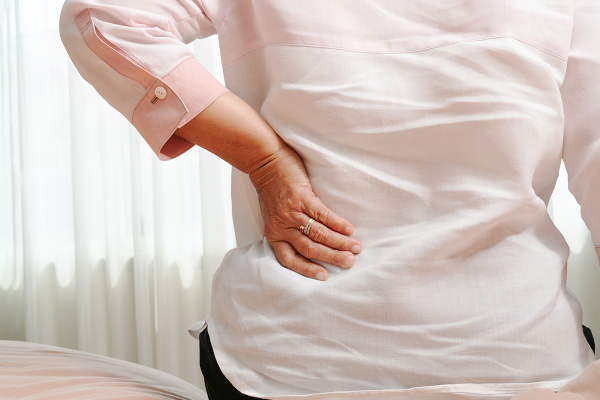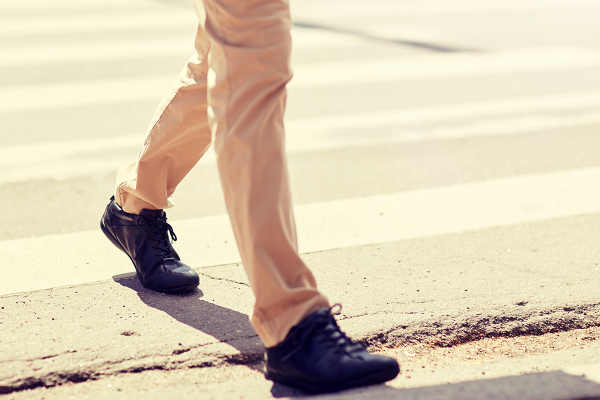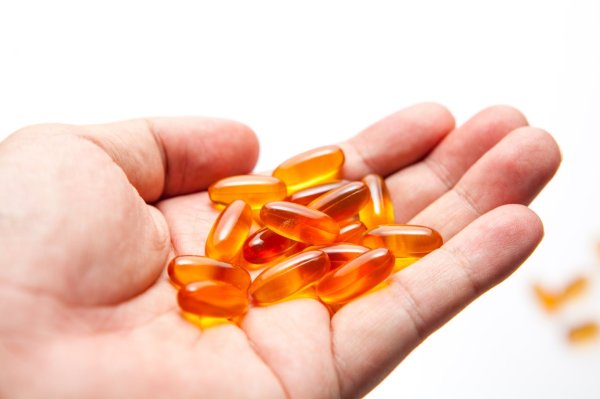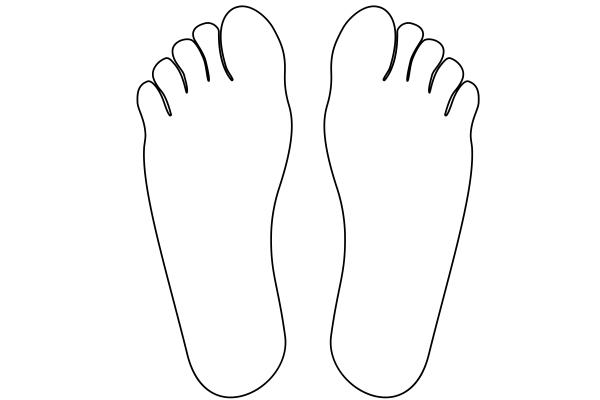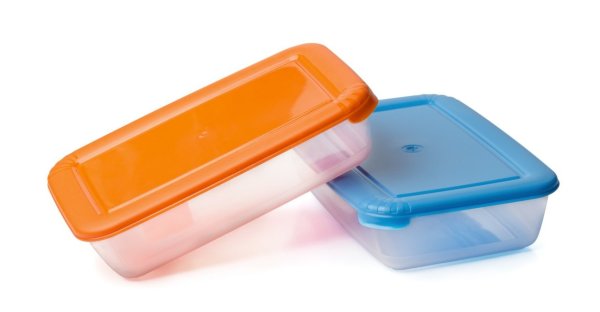Start running at the age of 40... I fell down due to a heart disease ten years later. What are the pros and cons of running on my heart?
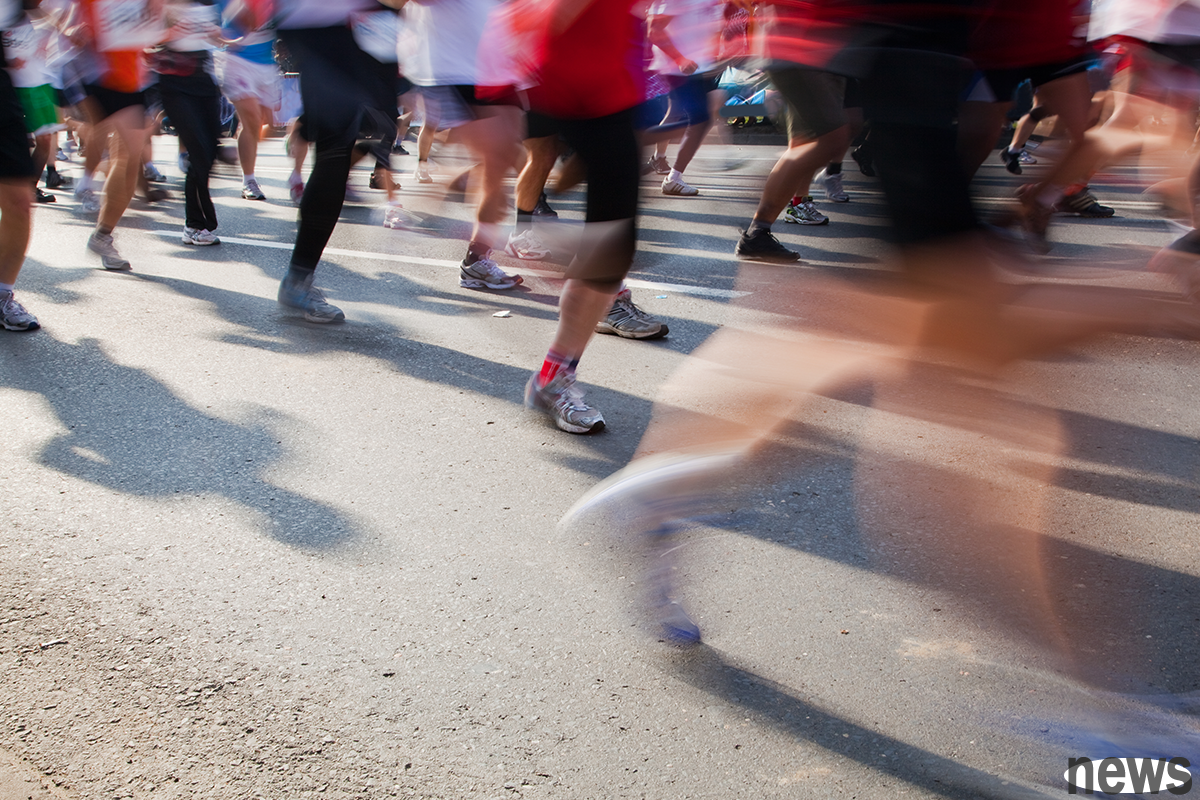
There is a saying circulated online. Some studies have found that a normal person's heart beats 2.5 billion to 3 billion times per year, so the slower the heartbeat, the longer the life. Many people who often exercise, especially those who run long-runners, generally have slower heartbeats. But there is another saying that often high-strength movements will make the heart bigger and more likely to get heart disease.
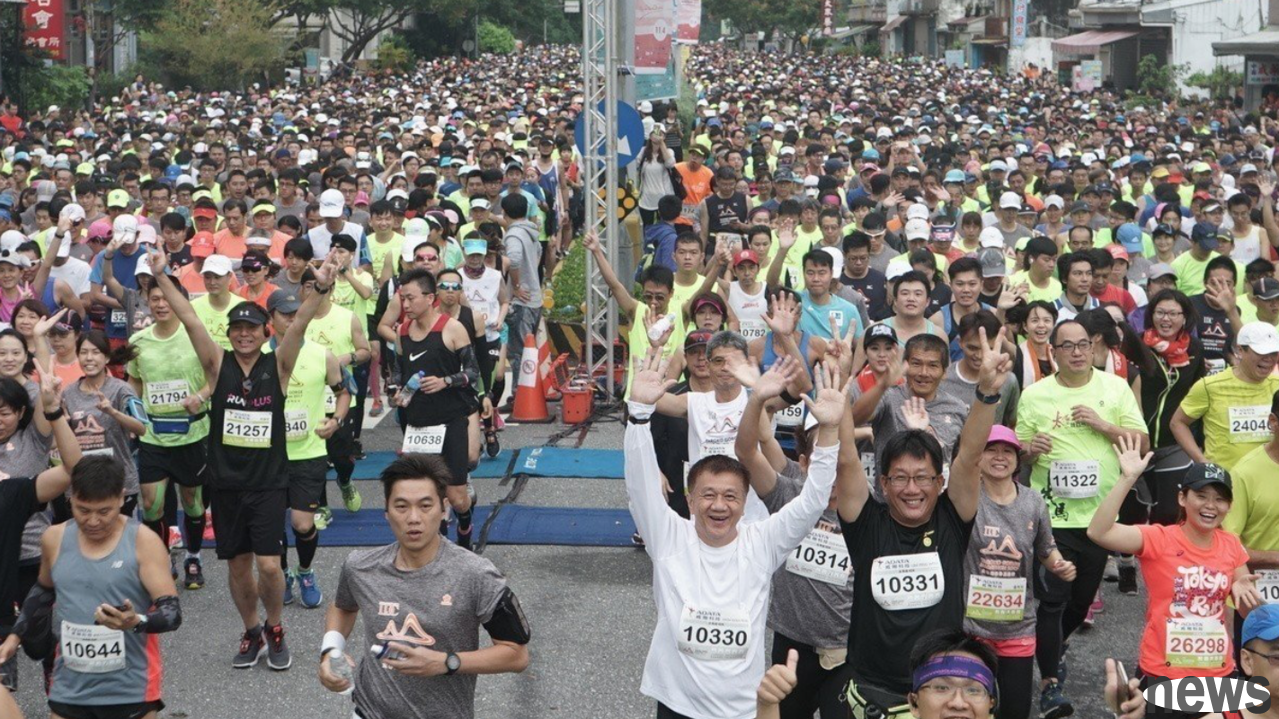
Mr. Jin (pseudonym) from Hangzhou was 50 years old. He started running a marathon from the age of 40. At that time, when he reached middle age, he became more and more prosperous. He had heavier several kilograms in a few months, so he decided to run and lose weight. He ran and got on the verge of death. Mr. Jin maintained the habit of running 10 kilometers along the Qiutang River the next day.
In 10 years, he became a marathon lover and participated in many marathons. The best result of running 42 kilometers was 3 hours and 20 minutes. Slowly, running the flat ground was no longer enough to satisfy him, so he chose to challenge the mountain marathon, running one by the other and enjoying the beautiful scenery. One year in Taizhou, I ran before dawn and ran for 16 hours.
One day in April last year, after running 8 kilometers, his eyes suddenly turned dark and he fell! Fortunately, it will be able to get up soon. Mr. Jin was so scared that he was so scared. What was going on?
After a few days, he underwent a second trial, this time he deliberately wore a professional heart rate belt and measured his heart rate in his chest. After running nearly halfway, Mr. Jin felt the darkness in front of him again, and he felt similar to the last time, and he was dizzy. He stopped quickly. When he saw his heart rate at this time, he found that it was more than 170.
Although it was enough to sit down or lie down and rest for a while, Mr. Jin realized that something should be wrong with his body. After going to the hospital for examination, he was diagnosed as a vasodilator. The doctor analyzed that this was related to Mr. Jin's long-term running and his heart was extremely burdened. The doctor suggested that he do some gentle movements.
Now, Mr. Jin no longer dares to run. He just walks and doesn't dare to play basketball.
Many sportsmen have experienced enlargement of heart function and even reduced cardiac function after retirementZhu Jianhua, director of the Department of Cardiovascular Institutions of the First Hospital of the Affiliated Hospital of Zhejiang University, said that exercise can enhance the blood supply capacity of human machines. If the heart beats more blood, the number of times the heartbeat needs to be beaten is less. Originally, it took seventy or eighty times per minute to completely provide blood. After exercise, it may be enough to jump 60 times.
But a slow heartbeat for an athlete is not necessarily a good thing. Zhu Jianhua reminded that the sportsman's sports are different from the sports we generally advocate. Competitive sports require the physical function to be greatly improved. The amount of sports exceeds the burden of the human body and will have an impact on important machines. After a long period of dramatic movement, the body loses the replacing and causes damage that cannot be repaired.
“The muscles of sportsmen are thicker than those of ordinary people, and the same is true for the heart. If you continue to exercise with high strength, the ventricle wall will thicken, and the heart will grow over time. ”
Zhu Jianhua has met many professional sportsmen, and after retirement, his heart has expanded and his heart function has even decreased. For example, there was a famous martial arts instructor. When he found Zhu Jianhua that year, his heart sounded and found out that the left ventricle of a normal person is smaller than 55mm, and his heart cavity is more than 70mm, which is a clear expansion of the heart.
Mr. Zhao, the person in charge of medical security in a youth football club in Hangzhou, said that the heartbeat of athletes is generally forty or fifty times per minute, and long-term training will cause increased risks. This is still common among athletes after retirement, but he has never encountered it since he started working.
“Mynaecological hypertrophy is the most common heart problem for athletes. ”Wang Lihong, director of the Department of Cardiovascular Institutions of Zhejiang People's Hospital, after long and vigorous exercise, myocardial cells continue to contract, and myocardial cells will become hypertrophy. After the hypertrophy reaches a certain level, myocardial cells will apoptosis, and there may be adverse effects such as fat change during the hypertrophy; at the same time, myocardial hypertrophy means that the heart contraction function is strengthened, but the relief function is reduced, which leads to an increase in atrial pressure, which is prone to atrial arrhythmia.
For sportsmen, the most direct damage to high-strength exercise is muscle strain, fracture, etc., while cardiac diseases slowly plant the root cause day by day. During the 19th century, some scholars proposed the concept of "sports' heart" and found that cross-country skiing athletes' hearts have increased. However, there is still debate on whether the hypertrophy of the cardiac muscle and enlargement of the heart after long-term exercise are pathological or physiological changes.
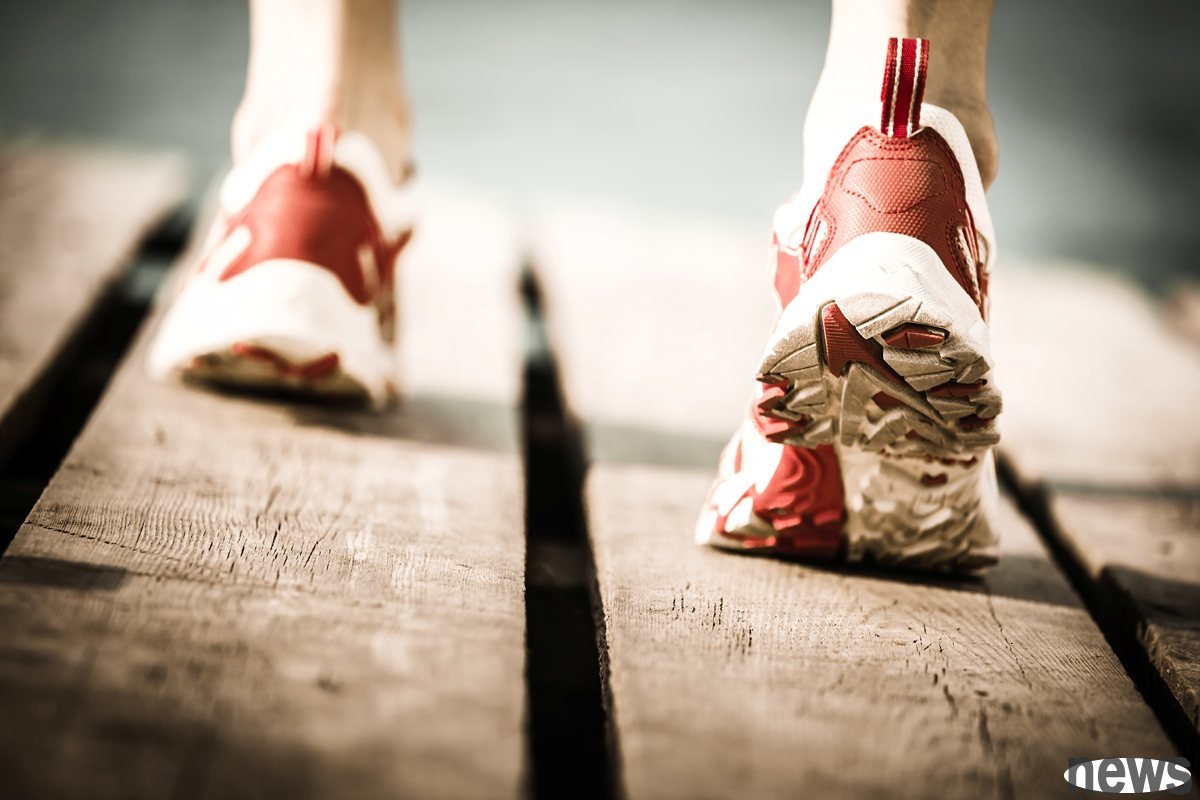
Zhu Jianhua said that first of all, a fast heartbeat will definitely have an impact on health. However, the current discussion is based on epidemiological investigations and animal experiments, and cannot truly conduct comparison experiments with real people, so it has limitations.
The normal heartbeat of people is 60-100 beats per minute, and healthy people who exercise for a long time may have a heartbeat of more than 50 times per minute. But if the heartbeat is too slow, only thirty or forty times per minute, it will cause fatal diseases in the arrhythmia. So in terms of heartbeat problem, it is not a good thing to be too fast or too slow..
Wang Lihong, director of the Department of Cardiovascular Institutions of Zhejiang Provincial People's Hospital, said that long-term people generally do not have too fast heartbeats. Heart contraction consumes energy. If the heartbeats quickly and the relays quickly, the energy consumes more.
“Science says that the slower the heart rate, the healthier it is. This heart rate must be within a certain range. Please carefully plan and divide it. 55-75 beats per minute is a more healthy heartbeat. It is not enough to be less than 50, and it is not good to exceed 80. ”If the heartbeat is slow to a certain extent and the organs are not supplying blood, people will experience symptoms such as head and fatigue.
Sports is for a healthier life. It is not recommended that ordinary people engage in high-strength sports such as marathons.If you want to stay healthy, sports are necessary. Suitable sports can reduce heart rate and increase the blood supply capacity of the machine. So, which sports are suitable for us ordinary people?
Zhu Jianhua said: “ Whether running, riding, or playing basketball, these are all OK. Everyone should understand that the essence of sports is not to challenge the limits of the body, nor to simply pursue a healthy body shape, but to live a healthier life. ”
He does not recommend that ordinary people go to run marathons. “Marathon is not suitable for everyone. Its strength is too high for most people. Many people do not conduct good reviews before running, and there are also ears to the news of sudden death in a marathon. ”
Zhu Jianhua suggested that middle-aged people can try walking briskly, jogging, and practicing indoor equipment when they exercise; the elderly mainly exercise in a comfortable way, such as walking and fighting too hard; the sports projects that young people can try are relatively limited. If you have a disease, you need to undergo correct rehabilitation under the guidance of a doctor.
In short, only appropriate exercise can keep the organ healthy.
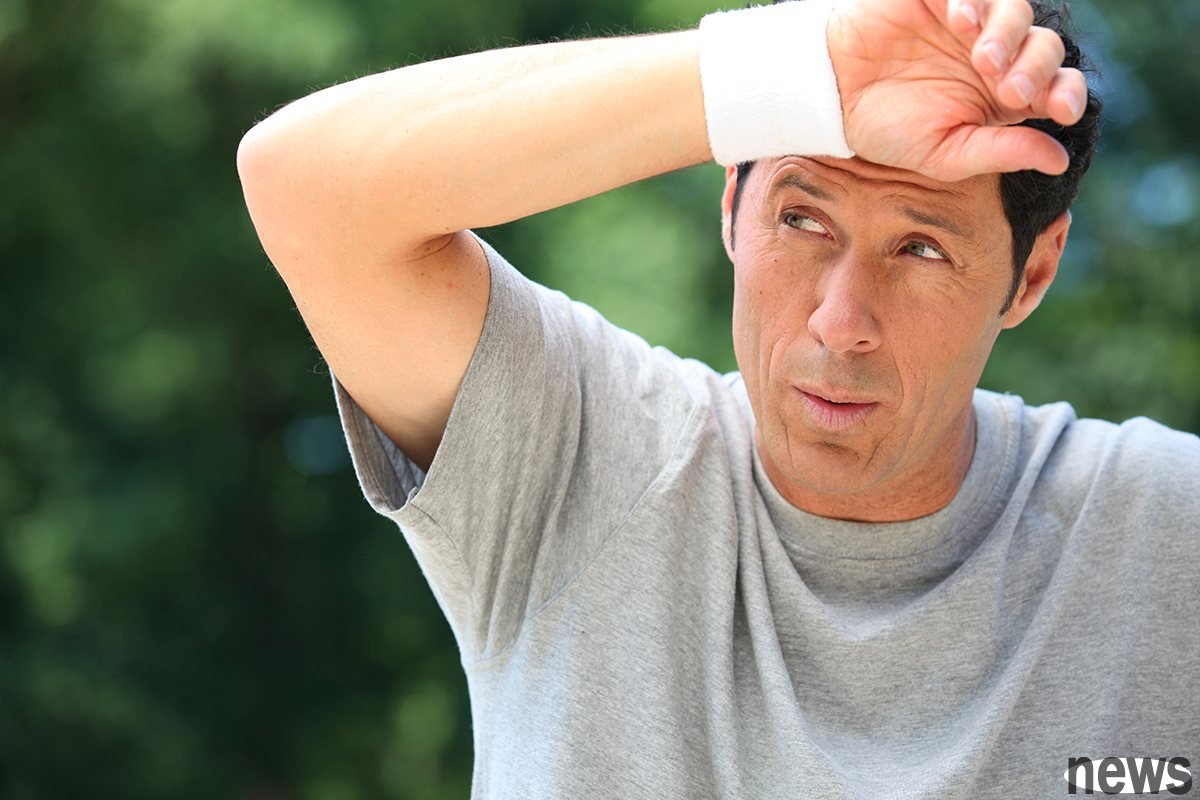
I often see people running to the point where they sweat heavily. Wang Lihong said that there are ions in the sweat, and the human body sweats a lot and is prone to low-deep conditions. Hypodosis is mostly manifested as general fatigue, soreness, and numbness of the hands. Severe hypodiction may cause arrhythmia, or even a series of heart problems such as heart stoppage.
Why does low-deep cause arrhythmia? This is because the electroactive activity of myocardial cells requires balance of electrolytic quality such as the body, calcin, chlorine, calcin. When people excrete too much of the pot due to sweating, the excitement of myocardial cells will be abnormal, resulting in premature beats, ventricular speed, and ventricular arrhythmias.
Wang Lihong received a diagnosis of a patient from another place. He played a ball for the whole afternoon and suddenly fell to the ground, feeling unconscious. The electrolytic quality was tested for the patient, and the drill was indeed very low. Since the cardiac image cannot be measured at the time of occurrence, it can only be predicted that the low-decker causes room speed or ventricular fat.
There are prone to hypodegenerative symptoms in summer. On the one hand, when the weather is hot, some people will experience a decrease in their appetite. By filling the food into the pond, the amount of food will become less. When they sweat a lot, they will be "income to the pond". To this end, Wang Lihong suggested that in the summer, after sweating a lot for exercise or other reasons, you can drink some warm salt water to replenish the drill, but you should not drink too much.
This article is excerpted from Sina Beijing Youth Network


